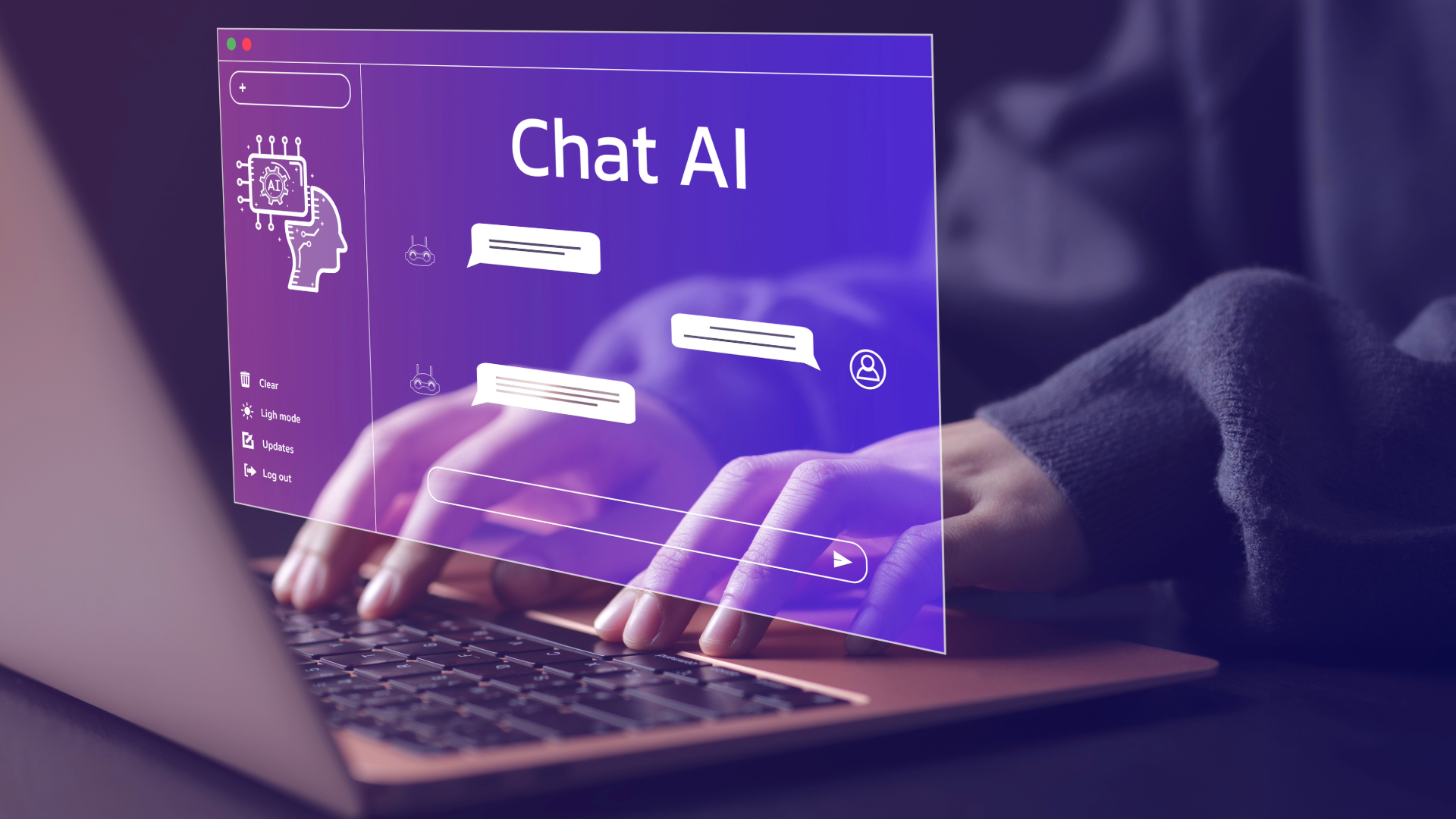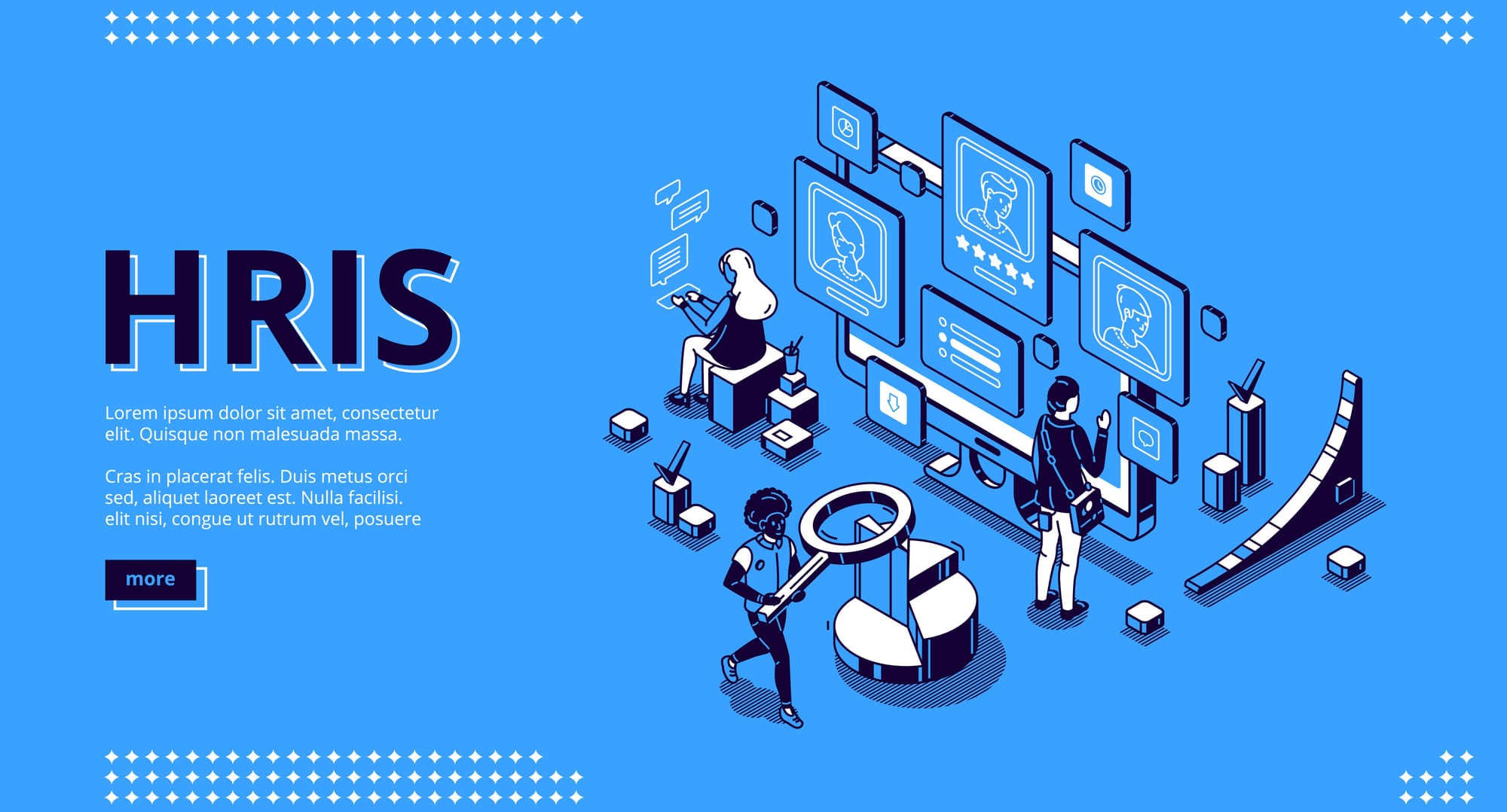The AI Skills Hype Cycle Is Broken — 2-Day Workshops Won’t Save Your Workforce
Everyone wants to be “AI-ready.” But here’s the uncomfortable truth: most companies are going about it the wrong way. Over the past year, we’ve seen a growing trend of organizations introducing AI to their workforce through quick, surface-level initiatives—typically in the form of a 1- or 2-day workshop on ChatGPT, Copilot, or some generalized “AI for business” session. It feels like action. It sounds like progress. But in reality, it’s a false start.
This kind of tactical training has become the corporate version of a security blanket. It allows leadership to claim they’ve taken steps toward digital transformation, without having to engage with the much harder truth: real AI adoption isn’t an event. It’s not a workshop. It’s not a certificate of attendance. It’s a deep, structural shift that affects every layer of an organization—from how decisions are made to how talent is hired, developed, and retained.

These workshops and crash courses do serve a purpose. They create awareness and generate excitement. But they’re not a strategy. Without a long-term upskilling framework to support them, they quickly lose impact. Employees return to their desks with no roadmap for applying what they’ve learned. Momentum fizzles out. Skepticism sets in. And the organization falls back into business-as-usual—just with a few new buzzwords in the air.
To move past this cycle, companies need to stop confusing exposure with readiness. Learning about ChatGPT in a classroom is not the same as knowing how to apply generative AI tools to reimagine customer service, accelerate reporting, or improve talent workflows. True readiness requires fluency—not just with the tools, but with the mindset needed to reshape how work gets done.

That fluency isn’t built in isolation. It has to be embedded across the workforce in a role-specific way. Executives need a different level of understanding than analysts. Engineers require deeper capabilities than HR generalists. The frontline workforce must gain confidence with AI tools, while leadership must grapple with risk, governance, and the ethical implications of automation. One course cannot cover all of this. But a structured, layered learning strategy can.

The organizations leading in AI adoption today aren’t doing so because they hosted better workshops. They’re winning because they invested in building real capability across three distinct layers: leadership, professionals, and AI citizens. Leaders are being trained to set direction and manage governance. Professionals—data scientists, engineers, analysts—are being reskilled in line with evolving technology. And the broader workforce is being upskilled to use AI tools confidently in their day-to-day roles. This is not cosmetic change. It’s a coordinated shift in culture, skill development, and operational mindset.
Unfortunately, many companies are still stuck in a reactive loop. They launch a tool like Copilot or roll out a quick “AI 101” series without asking fundamental questions: What roles in our business are being reshaped by AI? What skills will those roles require tomorrow that they don’t have today? How do we close that gap, systematically, across the organization?

The organizations leading in AI adoption today aren’t doing so because they hosted better workshops. They’re winning because they invested in building real capability across three distinct layers: leadership, professionals, and AI citizens. Leaders are being trained to set direction and manage governance. Professionals—data scientists, engineers, analysts—are being reskilled in line with evolving technology. And the broader workforce is being upskilled to use AI tools confidently in their day-to-day roles. This is not cosmetic change. It’s a coordinated shift in culture, skill development, and operational mindset.
Unfortunately, many companies are still stuck in a reactive loop. They launch a tool like Copilot or roll out a quick “AI 101” series without asking fundamental questions: What roles in our business are being reshaped by AI? What skills will those roles require tomorrow that they don’t have today? How do we close that gap, systematically, across the organization?
About the Author.
Sharala Axryd is passionate about data driven business transformations & driving data science education in ASEAN. A natural thought leader, she is a highly-sought-after speaker for conferences with topics ranging from analytics to women in STEM.





